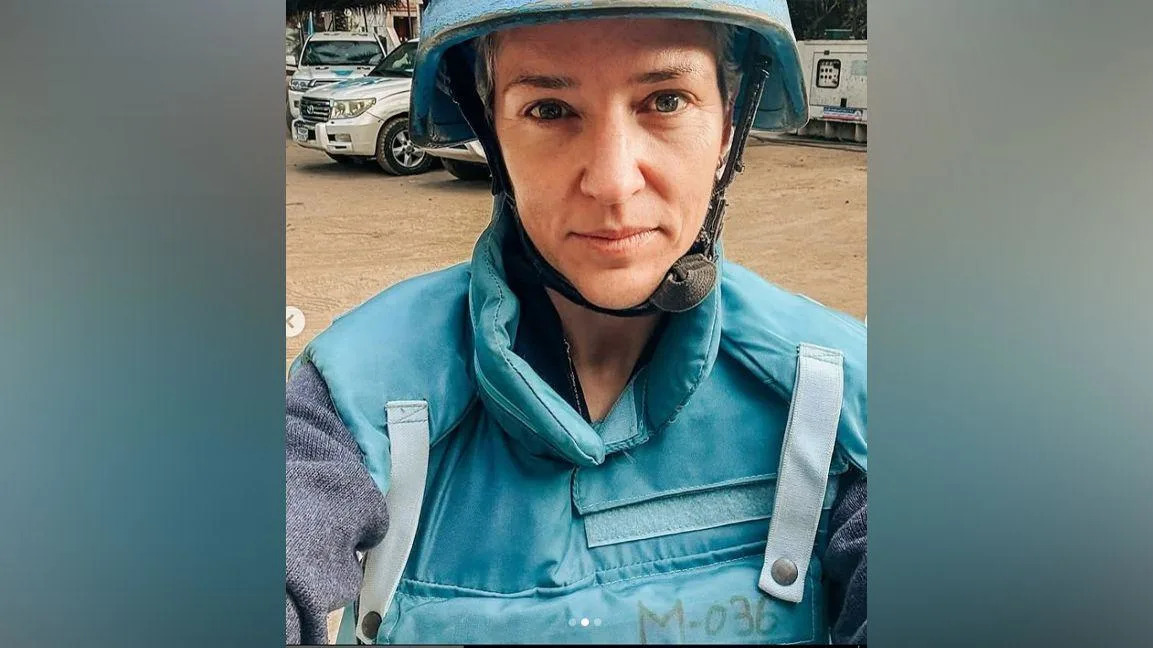Dr. Victoria Rose, a consultant plastic surgeon from St Thomas’ Hospital in London, has dedicated her skills to providing emergency medical care in Gaza, where the humanitarian crisis has deepened dramatically. In a video diary filmed at a Gazan hospital, she expressed her desire for a ceasefire to allow for necessary humanitarian efforts as casualties continued to rise.
During her recent deployment, Dr. Rose witnessed “appalling” levels of malnutrition and starvation. She described how the number of injured individuals surged, stating, “The mass casualties just didn’t stop. It was really shocking.” Initially, her work primarily involved treating severe blast injuries and burns. However, as her stay progressed, the focus shifted predominantly to gunshot injuries, which became the main challenge facing her team.
“I’m just trying to get as much done as I possibly can in the very short amount of time that I have,” Dr. Rose said, emphasizing her commitment to making a difference in a dire situation. She volunteers with IDEALS (International Disaster and Emergency Aid with Long-term Support), which has sent medical teams to Gaza since 2009. The urgent need for plastic surgeons in the region motivates her to continue her work.
Dr. Rose and her colleagues were stationed at Nasser Hospital in southern Gaza, which has been the target of numerous Israeli airstrikes. Throughout their 28-day mission, they operated around the clock, often late into the night, under challenging conditions. The team faced severe shortages of food, relying on energy bars and dried food they had brought with them. A lack of fuel further complicated matters, forcing the hospital to ration energy, which meant the air-conditioning system could not be used.
In addition to the immediate threats of airstrikes and gunfire, Dr. Rose highlighted the growing risk of disease due to deteriorating sanitary conditions. “The most disturbing” issue has been a sharp rise in cases of flaccid paralysis, a serious condition that can lead to paralysis and death. “Usually Gaza would see a couple of cases a year, but in the last month, they’ve had 37 cases in people under the age of 15,” she reported.
Dr. Rose has made three trips to Gaza since the outbreak of conflict in October 2023. With each return, she has observed a deteriorating situation. “To see the country disintegrate into this refugee camp was really, really shocking for us,” she remarked. During her first visit in March 2024, she worked at the European Gaza Hospital, where she found displaced families living in makeshift shelters throughout the facility.
Her second visit in August 2024 revealed extensive physical destruction. “It was like going through the set of a moonscape film,” she described. The absence of standing structures was alarming, and for the first 15 minutes of her drive, they did not see any signs of life.
The ongoing conflict has made it increasingly difficult for humanitarian aid to reach those in need. Israel maintains that Hamas uses hospitals and civilian infrastructure for military purposes, a claim that Hamas denies. Dr. Rose now finds it challenging to watch news coverage of the war, instead focusing on future missions and fundraising efforts to support her team’s ongoing work.
IDEALS continues to send medical teams to Gaza every month, but Dr. Rose noted that securing access is becoming increasingly difficult. “I would love to go back, but I am fairly confident my application is going to be denied when I next try,” she lamented. Her family is understandably concerned about her safety in the warzone, adding another layer of complexity to her commitment to help those in need.
